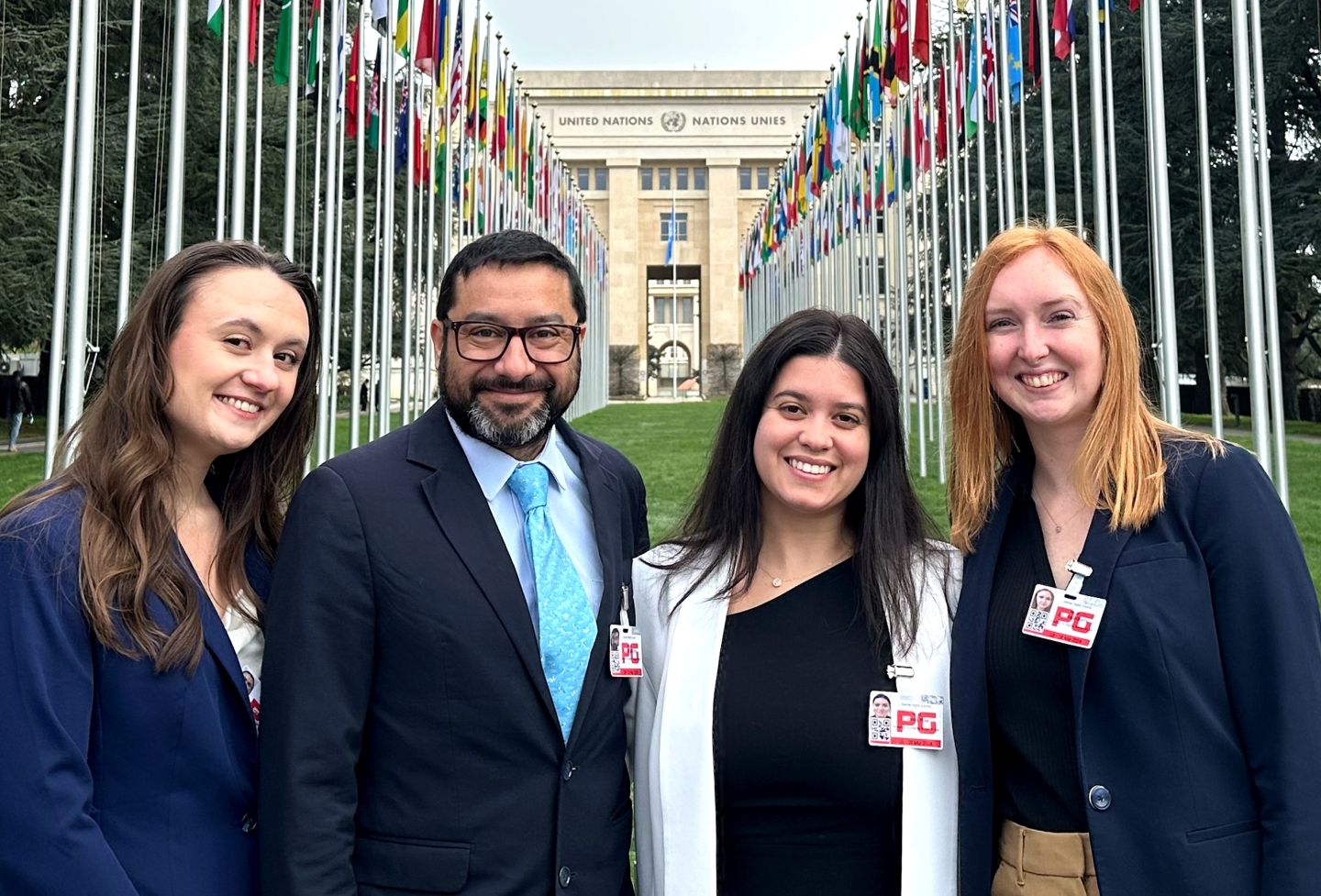Congressional oversight, military justice and empirical legal studies will be among the topics discussed in new courses being offered at the University of Virginia School of Law during the fall semester. Here are five new courses that aim to give UVA students unique perspectives on the law.
Climate and Debt, co-taught by Professors Quinn Curtis and Mitu Gulati, will examine how debt markets are adjusting to fund adaptation to climate change, such as with green bonds and carbon trading. Curtis, who serves as associate dean for curricular programs, teaches courses on corporate law, securities and venture capital. Gulati’s work focuses on sovereign debt restructuring and contracts, and explores how to help countries in financial distress.
Congress, Oversight and the Separation of Powers, co-taught by Professor Payvand Ahdout and lecturer Timothy Heaphy ’91, will use the House Select Committee’s investigation of the Jan. 6, 2021, attack on the U.S. Capitol as a lens through which to study modern exercises of congressional power. Ahdout’s research centers on modern uses of judicial power in federal courts. Heaphy recently led the House investigation into the Jan. 6 attacks and formerly served as University counsel for UVA.
Topics in Contemporary Challenges in Military Justice, taught by lecturer Eugene Fidell, will include the role of commanders, unlawful influence, constitutional rights of military personnel and courts-martial. Fidell is of counsel at Feldesman Tucker Leifer Fidell, an adjunct professor at New York University Law School and a senior research scholar at Yale Law School.
Students will be introduced to empirical methods and asked to design an empirical legal study that contributes to an area of law in Empirical Legal Studies I, co-taught by Professors Kevin Cope and Rich Hynes. The course is the first of a two-course sequence in which students conduct an original study and write a paper for potential publication submission. Cope, who co-directs the Immigration Law Program, is a legal scholar and political scientist whose research investigates legal and political decision-making using empirical, comparative and formal theoretical methods. Hynes is an expert in consumer finance and law and economics, and directs the Center for Empirical Studies in Law.
Students taking History of the American Administrative State, taught by Professor Joy Milligan, will engage in political and theoretical debates over the bureaucratic state’s role and its implications for democracy and inequality. Milligan studies the intersection of law and inequality, with a particular focus on race-based economic inequality.
Founded in 1819, the University of Virginia School of Law is the second-oldest continuously operating law school in the nation. Consistently ranked among the top law schools, Virginia is a world-renowned training ground for distinguished lawyers and public servants, instilling in them a commitment to leadership, integrity and community service.


